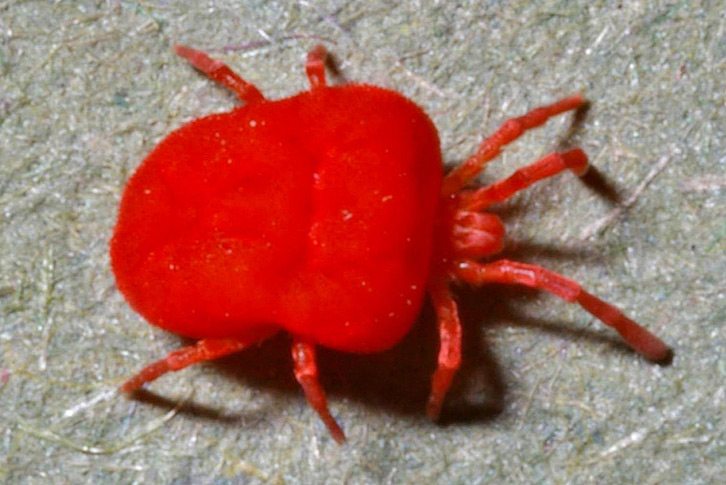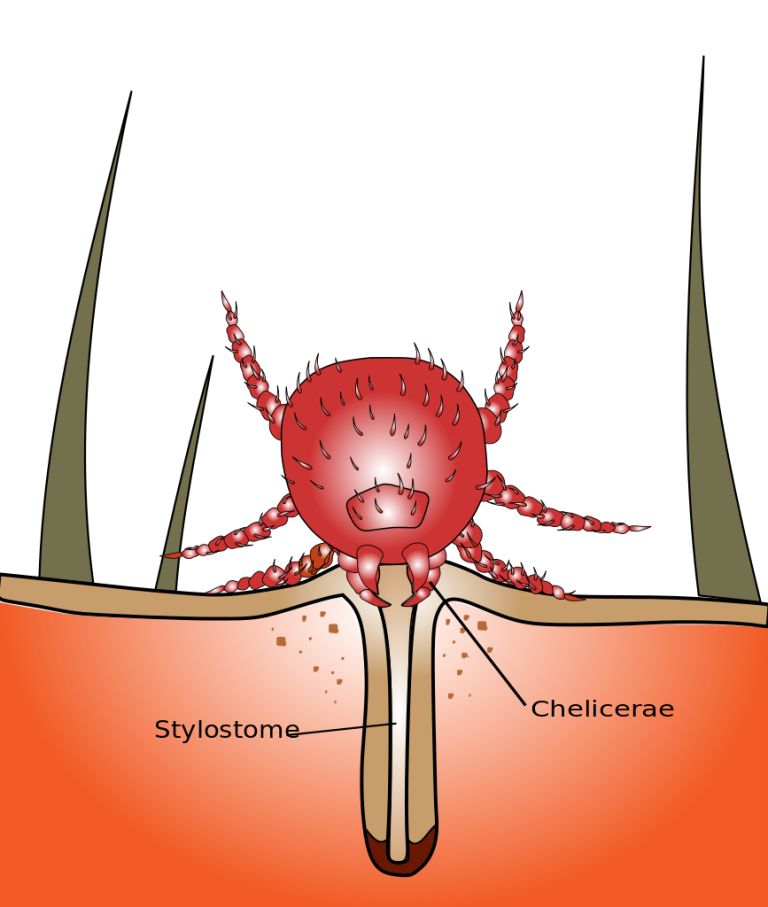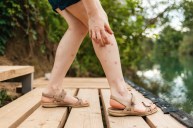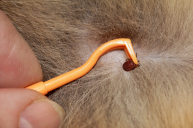Let's put the myths to rest about chiggers, berry bugs, scrub-itch mites, red bugs or whatever you call them where you're from.
If you've ever been out in the tall grass in the South, you'll never forget these little devils. Union soldiers during the Civil War wrote home about chiggers, calling them "utter hell" and "worse than the rebels." They are the unseen black flies of the brush. Anyone familiar with them knows without a good quality bug spray and the proper attire, they will absolutely chew you up.
To go along with these harbingers of the raging itch, there are countless rumors and misconceptions. My personal favorite is the myth that they bite a hole in your skin and lay eggs inside your body. It's said thhe itching is caused when the eggs hatch and the tiny babies are crawling out!
Sounds gruesome right? Good thing it's completely false!
So here are the facts
Chiggers are actually the larval stage of a mite called Trombicula alfreddugesi. Only in the larval stage do they prey on us. Once they become adults, their mouth structure changes and they can only eat plants. In turn, the adults lay their eggs on the plants they eat. That's why you get chigger bites from walking through the brush instead of brushing up against your dog. It's the chigger kids jumping off the plants for their first meal that you have to worry about.
Have you ever noticed how long it takes for a chigger bite to heal? There's a good reason for that. See, the larval stage has a very specialized mouth that allows them to make a bite that really isn't a bite. Their mouths are actually shaped like a syringe or needle. You don't usually feel them biting because they aren't—they're injecting.
They actually inject a digestive enzyme that liquefies layers of your skin. This enzyme also causes a hard straw-like formation around the injection site called a stylostome. The juvenile chigger uses this straw to suck out the part of your skin they just turned into a milkshake.
This is why the bites look like little volcanoes. It's also why it takes about two weeks for the bites to disappear. Your body has to first break down the hardened skin and then heals over the hole. This complex enzyme also puts your histamine reaction into overdrive. This is why the bites itch like crazy!
So what do you do?
I'm a big fan of preventative measures. Spray down with a product containing at least 20-percent deet. Cover exposed skin and restrict entry points. Chiggers tend to crawl to tender areas (ankle, groin, ect.) where it's easier for them to get their mouth needle in. Tuck your pants into your boots, your shirt into your pants, and spray down. If you're really wary, duct tape around the junction points of your clothes.
If you already have bites, most doctors will advise you not to scratch. It's a serious infection risk. Nail polish used to be recommended to "smother the babies" but in reality, the only success of painting over the bites was that it prevented people from scratching them. Triple antibiotic ointment (like Neosporin) and a Band-Aid is your best bet.
If the itching is really driving you mad and an anti-allergy pill isn't cutting it, you can try another trick. Take a spoon and place it in a cup of hot water. When the spoon is good and hot, press it against the bite for as long as you comfortably can (be careful not to burn yourself!). It will itch like the dickens while you have the heat applied, but it causes an increase in your body's local histamine response that will reside with the heat, giving you a temporary relief to the itching. If you have a lot of bites, take the hottest shower you can stand for an all-over effect.
NEXT: MINNESOTA BLACK BEAR HARVEST WILL BE HIGHER THAN EXPECTED
https://rumble.com/embed/u7gve.v3tsmt/






